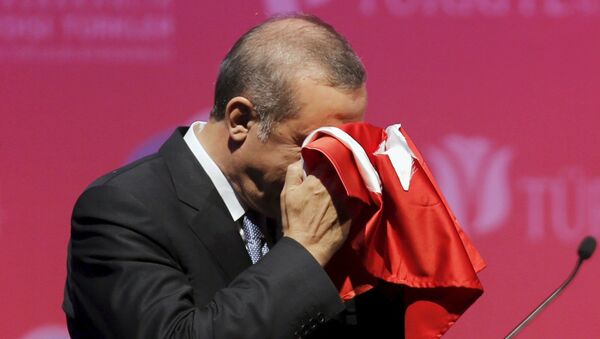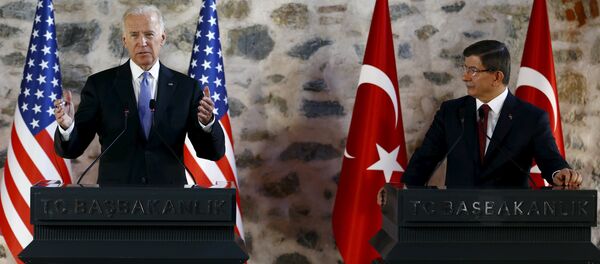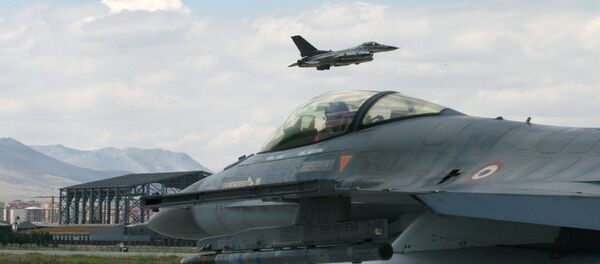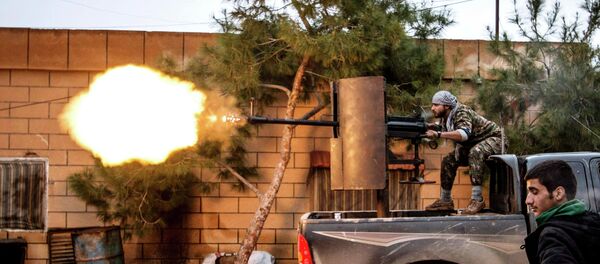In his article, Cockburn specifically focused on the problems pertaining to ending the wars in Syria and Iraq.
According to him, the main trouble is that "there is a multitude of players who are too strong to lose but too weak to win."
For example, Iran and the Islamist movement Hezbollah believe that their very existence will depend on victory in these wars, he said, adding that as far as Saudi Arabia and Turkey are concerned, they "have invested too much credibility in the struggle for Syria to admit they are not going to achieve their aim of ousting President Bashar al-Assad."
"The big loser here could be Turkey, which seemed to be in such a strong position to extend its influence across the Middle East in 2011," Cockburn pointed out.
He also pointed to Turkey backing the Muslim Brotherhood and then tolerating or helping Daesh, Al-Nusra Front and other extreme jihadi groups.
"For all President Erdogan's neo-Ottoman dreams of making Turkey a great power in the Middle East again, he has achieved the opposite," he said.
He added that Erdogan's response to the failure will already be clear in the coming months amid Russian and US efforts to close the border between northern Syria and Turkey. They will try to do so "in different ways, and in support of a rather different list of allies," according to Cockburn.
"President Erdogan will either have to accept Turkey's exclusion from northern Syria or increase Turkish military involvement, possibly including an invasion," he said.
He concluded by predicting that "a Turkish move into northern Syria now would face American disapproval and resistance by Russian aircraft and anti-aircraft missiles."





